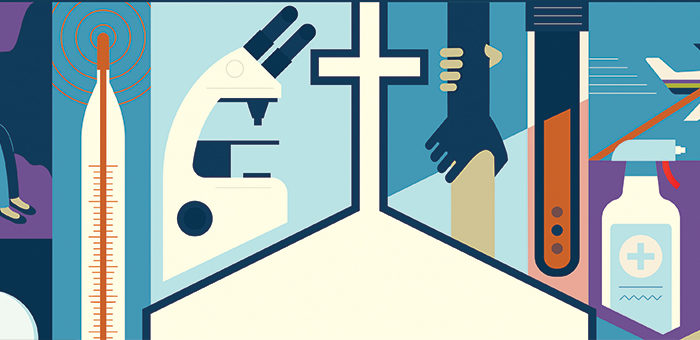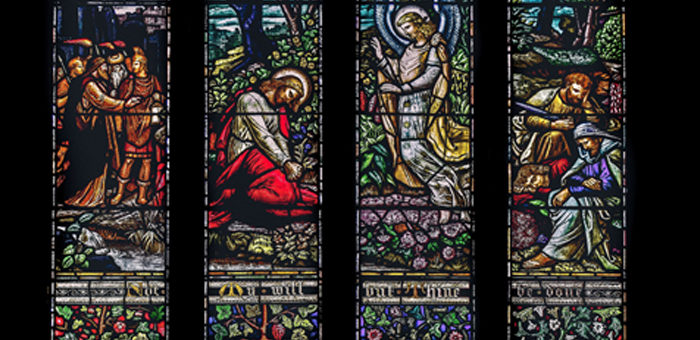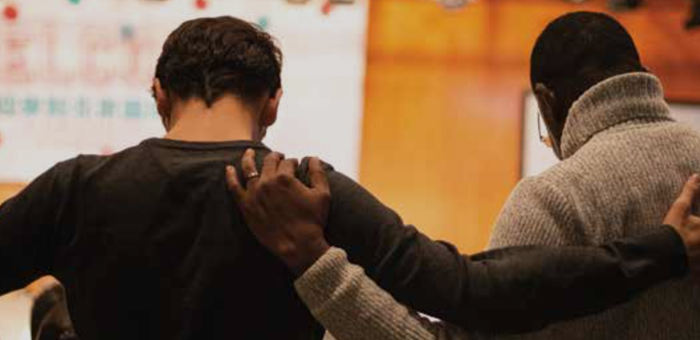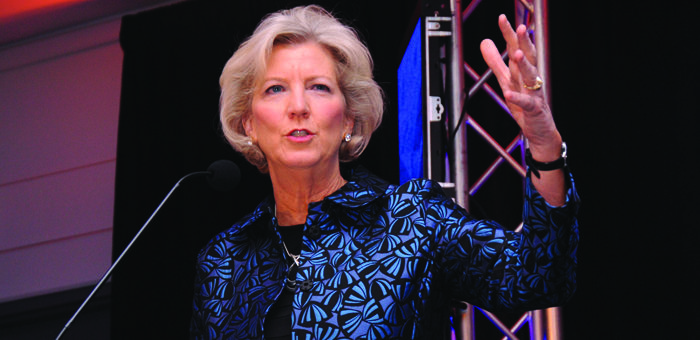Context
Many have likened the coronavirus pandemic to 9/11 as one of those events that is seared to memory and defines a generation. Life after 9/11 was not the same. It altered practicalities of life (e.g., airport security protocols) and fundamentally reshaped our thinking on security, politics, foreign affairs and many other things. The immediate impact of the coronavirus on our churches and in our world does not need to be detailed here. But like 9/11, we anticipate life after the coronavirus will not be the same. Church life will not be the same.
In these pages, we start a conversation around the long-term impacts of the coronavirus on church life. What has changed? What will continue to change? What concepts about church have been reshaped? What are the good things we need to fight to keep? What do we need to leave behind? How can we — as Malcolm Burleigh puts in his article (Page 18) — be marked by unity, an understanding of the times, and knowledge of what to do next?
In the cover article, Scott Ridout points out that after the coronavirus hit, church leaders “instinctively began to define ‘church’ not as a building we meet in, but as people of God doing the work of God for the glory of God.” Burleigh’s article detailing new opportunities for ministry outreach is a great picture of that calling in action. Church and ministry leaders found innovative solutions, adapted and moved forward in mission with clarity.
But no doubt about it, social-distancing mandates created challenges for sustained church life — even as they opened opportunities. The long-term impacts on pastor resiliency, church attendance and engagement, and leadership development are yet to be determined. In the Q&A with Shirley Hoogstra, we consider the impact of the coronavirus on Christian colleges and universities that seek to train the next generation of culture-shapers and witnesses for Christ.
We also recognize that for those of us in the United States, the backdrop of the coronavirus has been a politically divided country. This has led to increased tension in churches. Part of moving forward from the pandemic will include learning how to deal with political differences in our churches (see Charles Drew’s article on Page 20).
Church life after the coronavirus will not be the same. We pray it will be even better.










